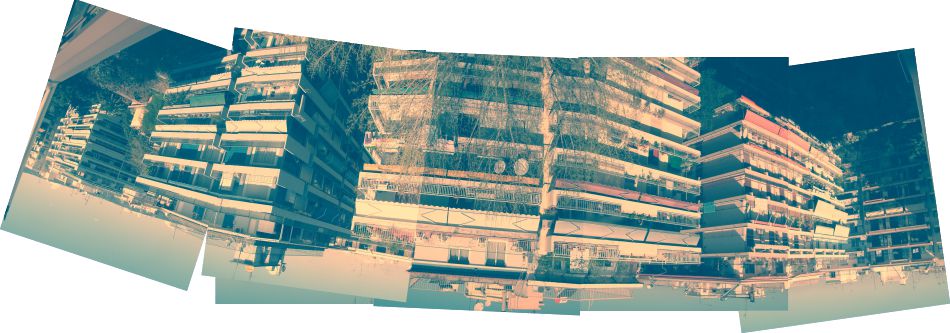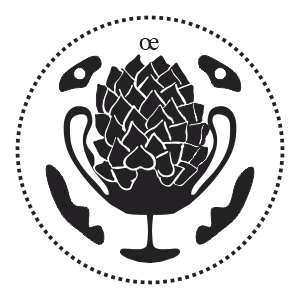– General Framework
1. Ecology and design.
Ecological problems and threats are increasingly becoming a major issue in mainstream media. However, while it appears that global awareness in ecological matters is rising, ecology is understood in that context in a very restricted way; one that deals only with the more superficial – or visible – aspect that concerns immediate threats in relation to our natural environment. Deeper issues in relation to the ways we exist and co-exist on our planet remain in the background.
Ecological issues seem to have reached the architectural world in a similar way: The relation of the subject (where as subject we can understand either a person or in the case of architecture the designed object) to its natural environment becomes the focal point in the approaches of several design practices. However, ecological thinking suggests a broader and more extensive approach: One that includes the relation of the subject to its environment (both natural and artificial) the relation of the subject to other subjects, and the relation of the subject to itself. It is only through those three levels that we can approach ecological thinking in a more meaningful way and therefore start talking about ecological design that could actually address in a robust way the environmental, social, political and existential issues that habitation is facing today.
2. Autopoietic Machines.
We tend to think of machines as hardware assemblages, man-made and with a specific function or purpose that they have to fulfill. In an architectural context machines are also understood in a similar manner. The concept of the building as “a machine to live in” underlines that approach: the architectural object is a machine that has to function in a specific way in order to accommodate our needs. Following that concept the machine is always defined in relation to the function that it accommodates.
However, the work of people like Humberto Maturana and Francisco Varela has indicated a different way to think about machines: machines that are not defined by their function or by their components, but by their organization, that is “the relations that define a machine as a unity, and determine the dynamics of interactions and transformations which it may undergo as such a unity”. Therefore a specific organization can be implemented by different components. Following that line of thinking Maturana and Varela go on to define what they call autopoietic machines, that is machines organized as a network of processes of production of components; which components are used in order to sustain the organization of the machine. Autopoietic machines are autonomous: they produce all the components necessary in order to keep themselves “working”. The only function of an autopoietic machine is the maintenance of its own organization.
-The area, the site
The site of the intervention is an urban block situated at the eastern part of Thessaloniki. The eastern part of the city was mostly developed to its current state during the 70s, around the time when the extension of the sea coast (Nea Paralia) was also realized. It is a residential area with small retail shops at the ground level and apartments used for dwelling on the upper levels. During the last two decades and mainly on the main roads, the apartments on the lower floors are turning into offices.
The main typology of construction is the ‘polykatoikia’ with six or seven floors which are divided into apartments. In some cases in this area, the remaining spaces of the lots were unified thus creating a public space in the inner part of the blocks.
-The project
Starting premise for the workshop is the idea that we can think of the building block as an autonomous machine. Aim is to redesign the block in order to establish an organization able to produce the components that are necessary to keep the machine/block functioning without having to rely on exterior parameters. To imagine the block as an ecology (in the broader sense elaborated earlier) that could rely on its own production in order to fulfill its aims.
references:
– Guattari,F. The Three Ecologies London: The Athlone Press, 2000.
– Maturana H. & Varela, F. Autopoiesis and Cognition Dordrecht: D. Reidel Publishing Company, 1980.



|
» info:
|
|
|
Instructors:
|
Theodora Christoforidou, Dimitris Gourdoukis, Katerina Tryfonidou, Fotis Vasilakis |
|
Students:
|
Georgina Cortijo, Elisa Evaso, Despoina filippidou, Aikaterini Iliopoulou, Vayia Komnou, Natasa Petkovic, Margarita Pistioli, Alexandra Yfanti |
|
Organization:
|
Ecoweek. |
|
Date:
|
Spring 2011. |
